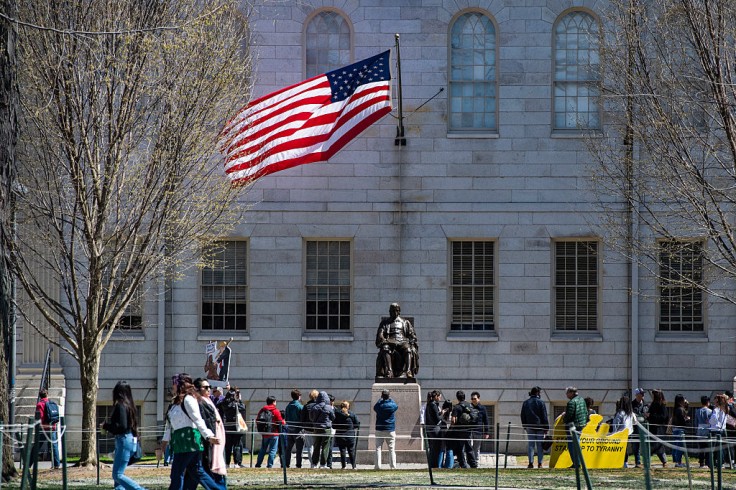International Students Regain Legal Status as Trump Administration Halts Visa Terminations Amid Lawsuits
By
The Trump administration has reinstated the legal status of more than 1,200 international students across the United States whose visas were abruptly terminated, the U.S. Department of Justice announced on April 25, 2025. The reversal, prompted by a series of lawsuits, offers temporary relief to students who faced immediate deportation risks, though uncertainties persist as U.S. Immigration and Customs Enforcement (ICE) develops a new framework for visa terminations.
The terminations, which affected students' Student and Exchange Visitor Information System (SEVIS) records, stripped them of legal status, disrupting their ability to study, work, or remain in the U.S. The Department of Homeland Security (DHS) explained that once a SEVIS record is "terminated," students "immediately lose their legal status in the country, meaning they face removal proceedings or could be refused future visas unless they leave the US or otherwise regain lawful status."
In a federal court hearing in Oakland, California, Justice Department attorney Elizabeth D. Kurlan confirmed that ICE is "developing a policy that will provide a framework for status record termination." Until this policy is finalized, SEVIS records for affected students will remain active or be reactivated. Kurlan also noted that ICE would no longer terminate statuses based solely on National Crime Information Center (NCIC) database findings, which had flagged minor or dismissed infractions, such as DUIs, in some cases.
The visa terminations, which began in recent weeks, sparked widespread outrage among universities and student advocates. Lawsuits alleged that some revocations targeted students for political activism, particularly pro-Palestinian protests, with Secretary of State Marco Rubio stating last month that the administration had revoked visas for such activities. The lack of transparency—many universities received no explanation for the terminations—fueled accusations of overreach.
The legal battles underscored the stakes for international students, who contribute significantly to U.S. universities through tuition, research, and cultural diversity. Federal judges had issued temporary orders to restore some SEVIS records, but the administration's decision to broadly reinstate statuses marks a significant retreat. However, experts caution that the reprieve may be temporary. ICE retains authority to terminate SEVIS records for reasons like failure to maintain nonimmigrant status or activities deemed unlawful, leaving students vulnerable until the new policy is clarified.
The controversy coincides with broader Trump administration efforts to reshape higher education, including probes into foreign funding at elite institutions and demands to eliminate diversity programs. With ICE's new framework looming, the academic community braces for potential shifts in immigration policy that could redefine the landscape for international students.
© 2025 University Herald, All rights reserved. Do not reproduce without permission.








